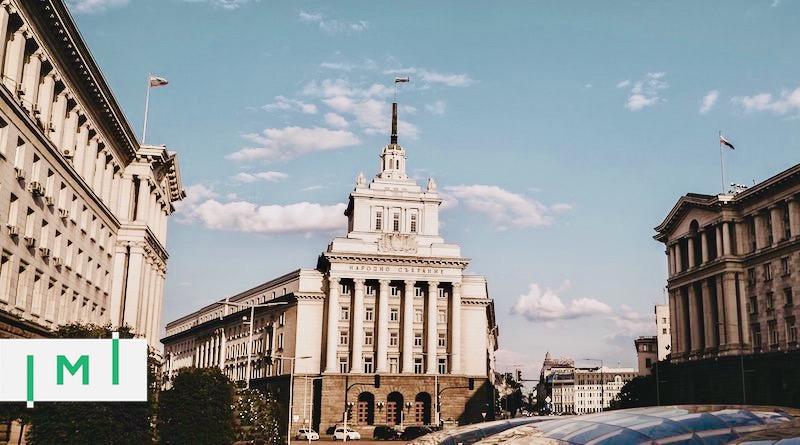Bulgarian RCBI: Program Reform Just as Likely an Outcome as Closure Says Legal Expert
Last week, we reported that the Bulgarian government has decided to back a bill that, if adopted, would put an end to the country’s semi-direct citizenship by investment program. The proposal cited a lack of real economic benefit, as well as the European Commission’s antipathy to CBI programs, as reasons to close the program.
But Bulgarian politics, and the legislative process, dictate that the last word on Bulgarian RCBI has not been spoken and that the program may yet have a future.
“This is an early stage in the current legislative review process and it is far from certain what changes, if any, will be adopted after the Bill passes through the Committees in Parliament and is voted on in two separate stages in a parliament that is highly divided politically,” says Ivan Petrov of Sofia-based New Balkans Law Office.
He points out this isn’t the first time Bulgaria’s program has appeared moribund:
“Those following Bulgarian CBI will recall that the current version of the Citizenship Act started off in January 2019 with a proposal for abolition similar to the one the media mentioned now, but ended up instead with the change of qualifying investment types in March 2021, more than two years later.”
Petrov says a national Round Table, composed of the leaders of the country’s largest business and industry associations, has been convened to “review all types of immigration routes with an economic impact, including CBI, with the participation of influential representatives of the industrial, high tech and financial sectors.” The work and findings of that Round Table, Petrov explains, will inform the parliamentary debate as well.
Questioned as to whether he thinks we could end up with a similar turn of events as in 2019, i.e., initial reports heralding an end to the program but, in the end, resulting in a reform instead, Petrov responds unequivocally:
“Yes, absolutely. A wholesale reform of the approach to immigration could be on the table, with future immigration rules focused on attracting both talent and capital broadly – and in combination – with special emphasis on technology and importing entrepreneurs with a history of original business or scientific ideas and experience.”

That the Bulgarian Parliament will support the government’s proposal is far from certain, Petrov underscores, because the various political factions’ positions on the program are not clear-cut:
“The faction with a defined position is the MRF (Movement for Rights and Freedoms), which has – interestingly – reversed its position from strong support for CBI in March 2021 to proposing its removal in December 2021,” Petrov illustrates. “However, it has done this on the narrowly political ground of attempting to deal with the designation of one of its leaders (Mr Delyan Peevski) under the US Global Magnitsky Act for alleged involvement in corruption. The position of the MRF is thus mercurial and may yet (though is unlikely to) change. The Bulgarian Socialist Party, or at least one of its factions, is also likely to be against CBI given the pro-egalitarian, anti-wealthy rhetoric and the mildly nationalist agenda that faction espouses.”
The remaining parties, he says, have no clearly defined position on the matter, which has not featured centrally in Bulgarian political discourse.
Whether the program ultimately survives or perishes, it may take a long time before we get a final answer. Asked to prognosticate on the time it would take for the proposal to make its way through the parliamentary process, Petrov indicates it will be hard to predict because it depends on the level of political priority each parliamentary faction accords the matter.
“Among the ruling coalition, there are four main groupings, each with its sub-factions. The Bill has been introduced without any prior consensus. Therefore, this can take several weeks or several years but is most likely to take several months.”
Christian Henrik Nesheim is the founder and editor of Investment Migration Insider, the #1 magazine – online or offline – for residency and citizenship by investment. He is an internationally recognized expert, speaker, documentary producer, and writer on the subject of investment migration, whose work is cited in the Economist, Bloomberg, Fortune, Forbes, Newsweek, and Business Insider. Norwegian by birth, Christian has spent the last 16 years in the United States, China, Spain, and Portugal.



